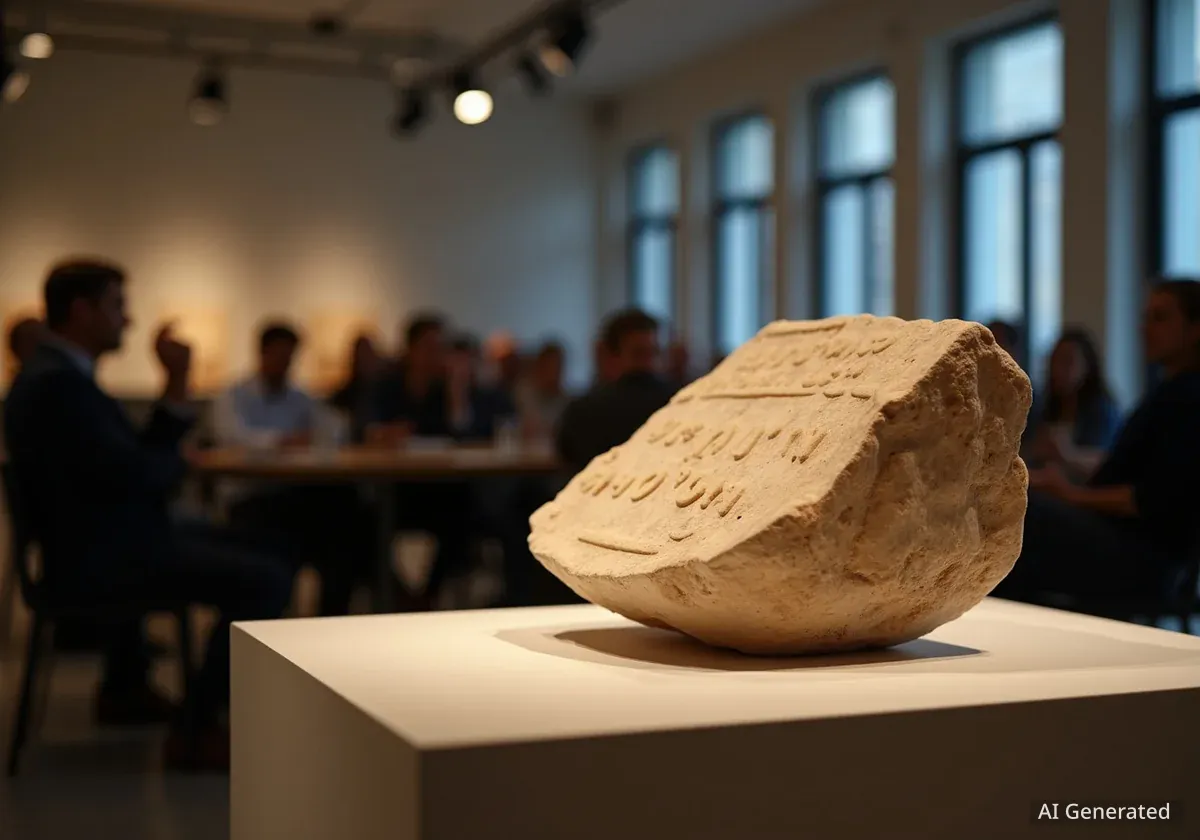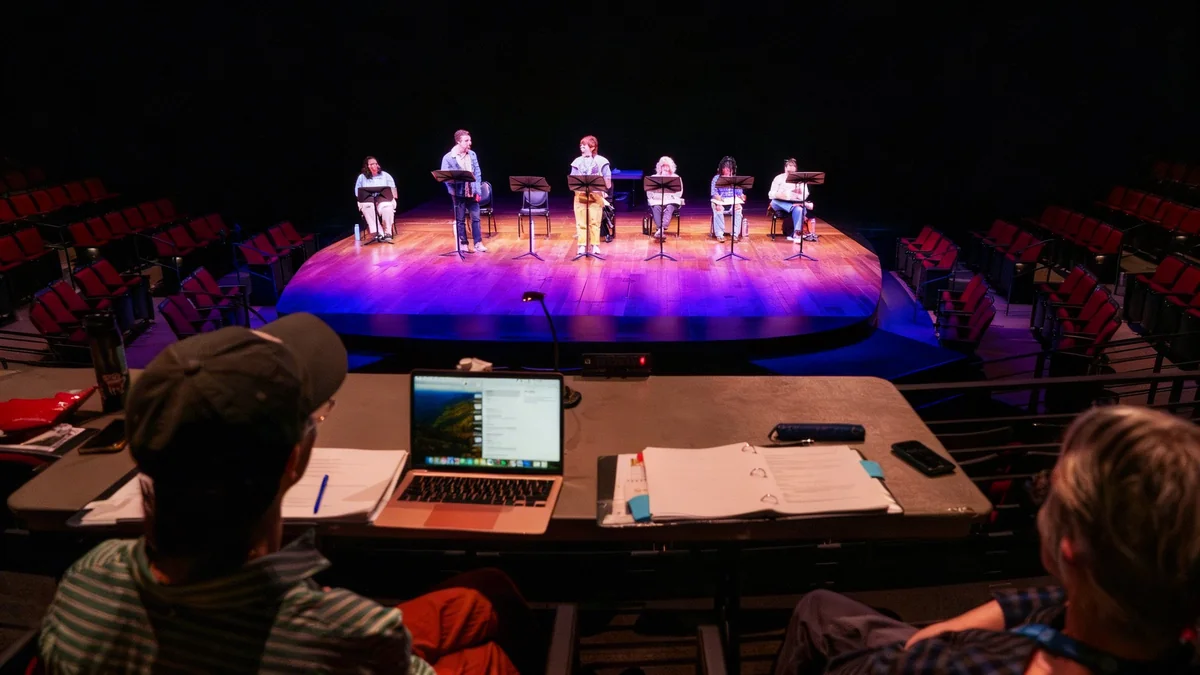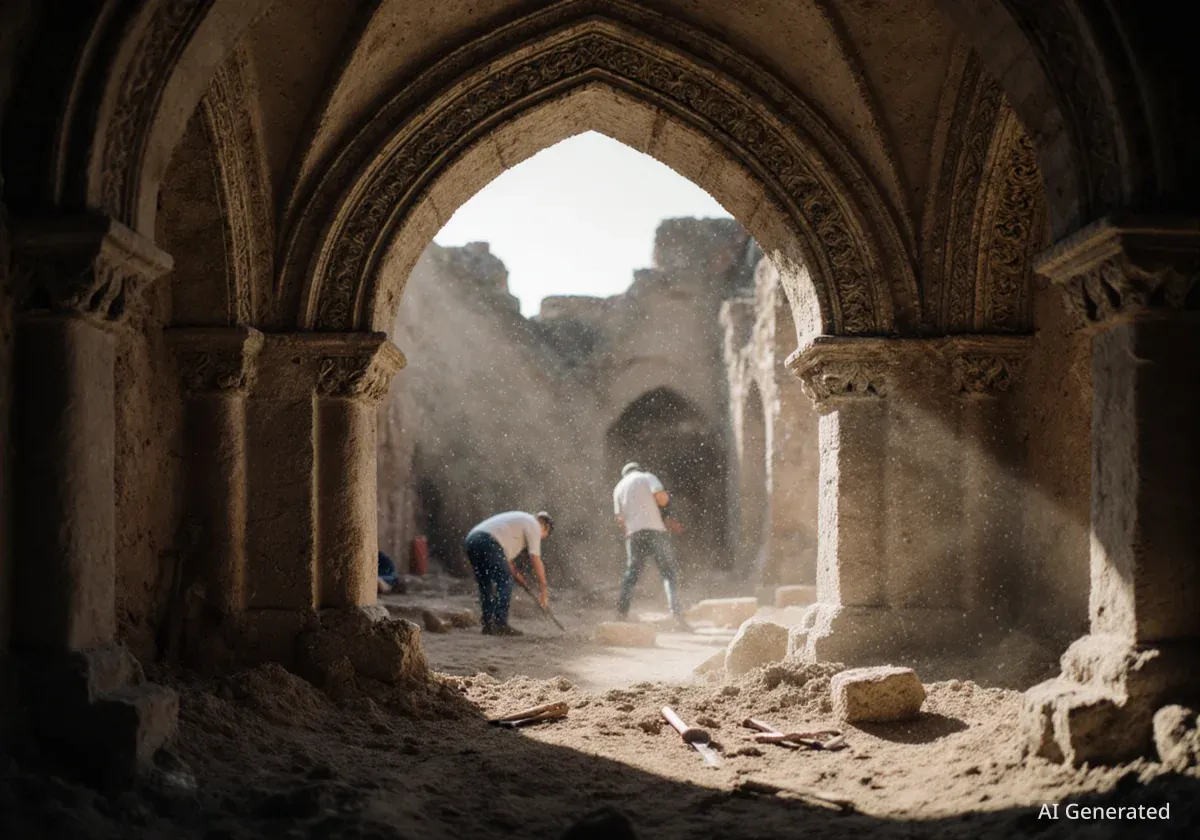A significant debate on the Parthenon Marbles is scheduled for September 29 at Athens' Old Parliament House. This event will feature scholars, not politicians, discussing the ownership of the 2,500-year-old sculptures. The discussion aims to explore the legal, moral, and philosophical aspects of the issue, moving beyond typical political discourse.
Key Takeaways
- Debate on Parthenon Marbles to take place on September 29.
- Scholars, not politicians, will argue both sides of the ownership issue.
- Event organized by Debate House and Democracy and Culture Foundation.
- Focus is on the question: "Who owns art?"
- Arguments for keeping the marbles in London include the idea of global museums.
Scholarly Discussion on Ancient Sculptures
The upcoming debate in Athens will focus on the return of the Parthenon Marbles to Greece or their continued display at the British Museum. Unlike previous discussions, this event specifically excludes political figures. This decision was made to ensure the conversation remains centered on the core question of art ownership, rather than diplomatic negotiations.
Philip Petropoulos, founder and chairman of Debate House, a non-profit organization promoting public dialogue, explained the reasoning. "We thought that if we invited politicians, the discussion might drift away from our main goal, which is to answer the question 'Who owns art?'" he told Kathimerini. He added that there is an informal understanding in both Britain and Greece that institutional figures, such as politicians or museum directors, generally do not participate in such public events.
Event Details
- Date: September 29
- Location: Old Parliament House, Athens
- Title: "The Return of the Parthenon Sculptures: Who Owns the History?"
- Organizers: Debate House, Democracy and Culture Foundation
Experts Presenting Both Sides
The organizers have carefully selected participants who have dedicated their professional lives to studying the Parthenon Marbles. These experts will present well-researched arguments for both sides of the debate. This approach aims to provide a comprehensive view of the complex issue.
Arguing for the return of the sculptures to Greece will be Irini Stamatoudi, a law professor at the University of Nicosia, and Elena Korka, an archaeologist and honorary director general of antiquities and cultural heritage at the Ministry of Culture.
Opposing their view and arguing for the marbles to remain in the British Museum will be Dominic Selwood, a historian, barrister, and professor at the University of Exeter. He will be joined by Dr. Mario Trabucco della Torretta, a classical archaeologist and author.
"You truly understand the world when you see the full picture. Having only the partial one – that the sculptures rightfully belong to us, supported by solid arguments – is not enough. You also need to understand why the other side insists," said Philip Petropoulos.
Symbolic Venue and Deeper Understanding
The Old Parliament House in Athens holds significant historical meaning for this discussion. It was the location where Greece first initiated its legal efforts to reclaim the marbles. The building, which now houses the National Historical Museum, also displays the dedicatory inscription of the Elgin Clocktower. This clocktower was a gift to Athens from Lord Elgin, who removed the sculptures from the Parthenon in the early 19th century.
Petropoulos acknowledged the unique nature of the event. "It is, in a sense, somewhat controversial for some Britons to come to Greece and argue that the marbles should remain in London," he noted. He highlighted that a debate of this scale and academic caliber has not been held in Greece before.
Historical Background
The Parthenon Marbles, also known as the Elgin Marbles, are a collection of classical Greek marble sculptures originally part of the Parthenon in Athens. They were removed by Thomas Bruce, 7th Earl of Elgin, between 1801 and 1812, and are currently housed in the British Museum in London. Greece has long sought their return, citing moral and historical reasons.
Encouraging Critical Thinking
The organizers believe the debate will offer valuable insights, even if it does not immediately change opinions. Petropoulos emphasized the importance of understanding all perspectives. He stated that attendees might hear "arguments – not necessarily 100% convincing, but still serious – for keeping the marbles in Britain." One key argument often presented is that contemporary museums serve a global, rather than purely national, purpose.
According to Petropoulos, the goal is to foster critical thinking among the audience. "The average Greek who watches the debate may not be persuaded that the marbles should remain in the British Museum, but they will come away with a fuller picture," he explained. He believes this kind of critical engagement helps citizens recognize various dimensions of complex issues, protecting them from populism.
The Role of Debate House
Debate House began during the Covid-19 lockdowns as an online initiative by a group of students. It quickly expanded, inviting politicians, academics, and technocrats to its YouTube channel. The organization focuses on constructive dialogue, clear rules, and respect for differing viewpoints. Its first political debate in 2022 involved Konstantinos Kyranakis and Costas Zachariadis, then Members of Parliament, discussing university policing.
For the past year, Debate House has operated as an official organization. Philip Petropoulos is joined by Christos Lagadianos and Meletis Flevarakis on the team. All three are part of Generation Z. Petropoulos observed that this generation often finds traditional media lacking in genuine dialogues, instead encountering "sound bites, toxicity, and abusive comments." This leads to disengagement from public discourse.
- Debate House started as an online student initiative.
- It promotes constructive dialogue and respectful exchange of ideas.
- The organization aims to engage younger generations in public discourse.
The issue of the Parthenon sculptures exemplifies this challenge. Petropoulos noted that the opposing view has rarely received serious consideration in Greece. "But it’s important to confront challenges that may seem unthinkable. Is there really someone who believes the sculptures should not return to Greece? And yet, there is. And we will have the chance to hear them – calmly, and with time." This debate offers a platform for such a vital exchange.





